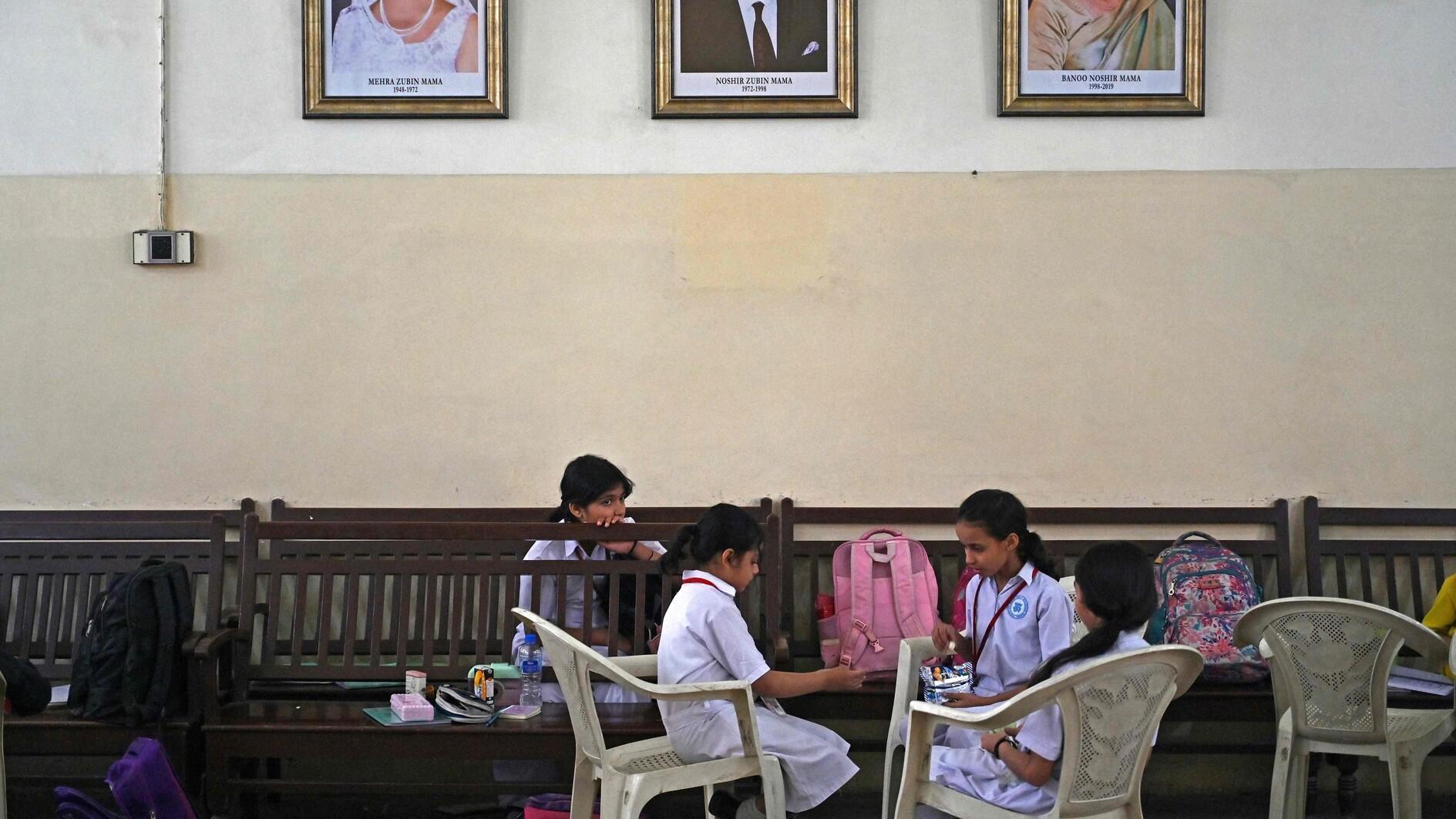
From a gated community for her Zoroastrian faith in Pakistan's megacity Karachi, 22-year-old Elisha Amra has waved goodbye to many friends migrating abroad as the ancient Parsi community dwindles.
Soon the film student hopes to join them - becoming one more loss to Pakistan's ageing Zoroastrian Parsi people, a community who trace their roots back to Persian refugees from today's Iran more than a millennium ago.
Zoroastrianism, founded by the prophet Zarathustra, was the predominant religion of the ancient Persian empire, until the rise of Islam.
Once the Parsi community in Pakistan had as many as 15,000-20,000 people, said Dinshaw Behram Avari, the head of one of the most prominent Parsi families.
Today, numbers hover around 900 people in Karachi and a few dozen more elsewhere in Pakistan, according to community leaders, many staying together in compounds like where Amra lives.
Amra says she wants to escape the daily challenges that beset the city of some 20 million people - ranging from power cuts, water shortages and patchy internet to violent street crime.
That is not unique to Parsis - the number of highly skilled Pakistanis who left for jobs abroad more than doubled according to the latest figures from the Pakistan Economic Survey - from 20,865 in 2022, to 45,687 in 2023.
Parsis are struggling to adjust in a fast-changing world.
The religion, considered among the oldest in the world, forbids conversion and mixed marriages are frowned upon.
"There is a better chance to find a Zoroastrian partner in Canada, Australia, U.K. and America than in Pakistan," said Avari, who heads of a chain of hotels.
He points out that Parsi population of Toronto is some 10 times greater than Karachi.
Parsi members were among the pioneers of the shipping and hospitality industries in Karachi, and the city's colonial-era historic district is dotted with Parsi buildings including hospitals and schools.